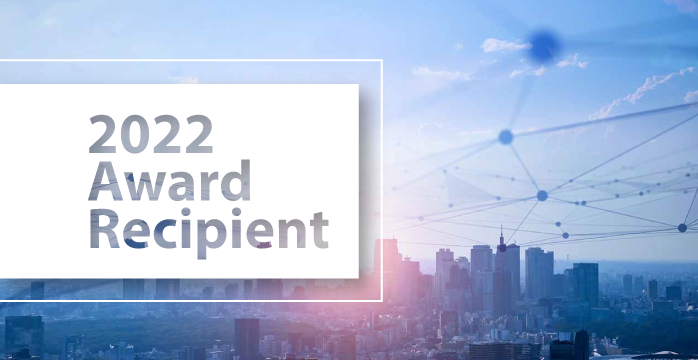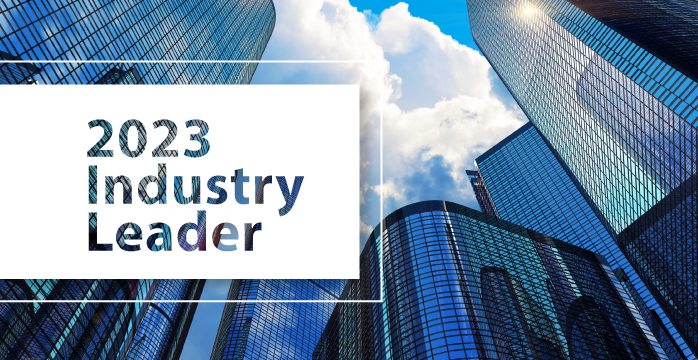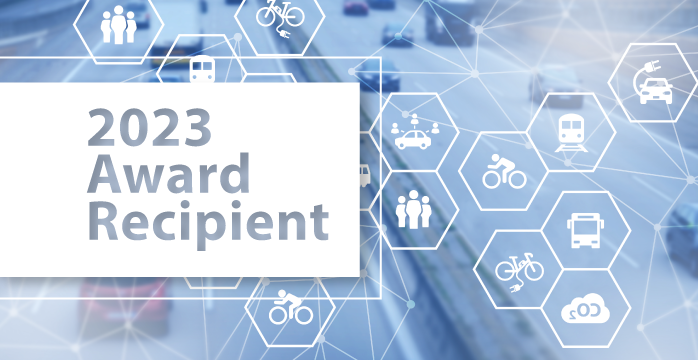Tools only complement labor as they are not complex enough to mimic human consciousness, finds Frost & Sullivan’s Visionary Innovation team
LONDON – 31 January 2017 – The quantum technological leaps in artificial intelligence (AI), Internet of Things (IoT), Smart Cities, cloud intelligence, robotics and intelligent mobility have set the stage for sentient tools to explode onto the global market. These tools are aware of and can learn from their surroundings and users, and mark the next step in the evolution of computational systems.
 As social machines that can communicate and interact with their environment instead of simply being performers of rote tasks, sentient tools can bring about a sea change in labour-intensive industries. The sectors that will be most affected by this disruptive technology include travel/mobility, transport, defense, manufacturing, medical, construction, agriculture, customer service, finance, information and communication, and smart cities.
As social machines that can communicate and interact with their environment instead of simply being performers of rote tasks, sentient tools can bring about a sea change in labour-intensive industries. The sectors that will be most affected by this disruptive technology include travel/mobility, transport, defense, manufacturing, medical, construction, agriculture, customer service, finance, information and communication, and smart cities.
Click on the following link for complimentary access to more information on this analysis and to register for a Growth Strategy Dialogue, a free interactive briefing with Frost & Sullivan’s thought leaders: https://goo.gl/d4ie2K
“Stakeholders looking to integrate automated technology into their value chain are most likely to invest in sentient tools, as they enhance efficiency and productivity while maintaining lean operations,” said Frost & Sullivan Visionary Innovation Research Analyst Yash Mukherjee. “For this integration to be seamless, organisations have to upgrade the skill sets of their existing labor force.”
The Coming Age of Sentient Tools is part of Frost & Sullivan’s Visionary Innovation (Mega Trends) Growth Partnership Subscription. The insight reveals that while sentient tools have been molded by advances in computational, sensing and communications technologies over the last 50 years, the incredible progress made in economies, culture and technologies is not complex enough to raise the “awareness” of sentient tools to match human consciousness. Therefore, they cannot mimic or replace human interaction and will be designed to complement human labor by tackling heavy computing and physical tasks.
As sentient tools are a rapidly developing field, organisations have not yet fully explored the ecosystems and possible partnerships. Economies that are not prepared for the age of sentient tools risk a spurt in unemployment rates in the short term and a wider economic gap in the long term. Unskilled labourers and corporate employees performing support roles that involve routine and repetitive tasks are most at risk of being replaced by sentient tools-enabled automation.
“New technology waves have traditionally created technology jobs, but the age of sentient tools is also likely to encourage the development of skills that are not technology related,” noted Mukherjee. “These tools will greatly automate mid-level-skill jobs and generate numerous high-level-skill jobs, thus fostering a knowledge-based economy for the future.”
About Frost & Sullivan
Frost & Sullivan, the Growth Partnership Company, works in collaboration with clients to leverage visionary innovation that addresses the global challenges and related growth opportunities that will make or break today’s market participants. For more than 50 years, we have been developing growth strategies for the global 1000, emerging businesses, the public sector and the investment community. Contact us: Start the discussion
Contact:
Anna Zanchi
Corporate Communications – Europe
P: +39.02.4851 6133




